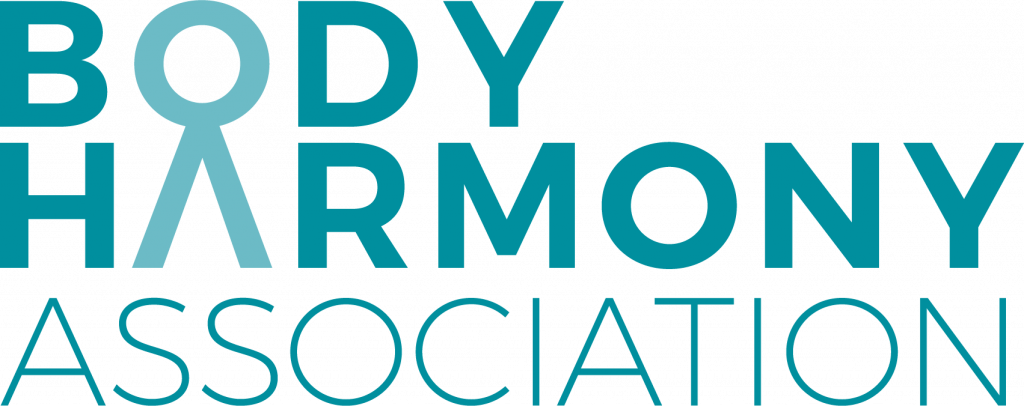If you talk to a man in a language he understands, that goes to his head. If you talk to him in his language, that goes to his heart.” —Nelson Mandela
In our family we have a list of words different members of the family don’t like. We call it the “toilet” list because “toilet” is one of my sister’s most disliked words. It’s not a list on the wall or written anywhere, just a hypothetical list in the ether which we add to every now and then in conversation. Pamphlet, plimsoll, and tummy are high up on my own list….not altogether sure why…
I’m often interested how certain words jangle, poke, or compress and others have a positive response and it’s all very personal. When it comes to practising and teaching Body Harmony I experience words as a very useful, powerful and enjoyable resource. Refining the words used to state an intention for a Body Harmony session can be transformational in itself. I remember in a class years ago trying to formulate an intention around a particular challenge. Suggested words were coming to me from members of the group and none were really dropping into my body. Then I found the word ” easy” which had connotations to me of not deserved or not worth it…I tried it on and it dropped in to my body with a satisfying gentle click. It was a bit like a well-made hydraulic kitchen drawer closing – very pleasing. There was exquisite relief in my cells to have been given the respect of the word and intention they wanted at that particular time. Allowing myself to intend something to be easy was revelatory in that moment. Simple and yet profound.
I love watching the moments when words or phrases drop into bodies; it’s bit like watching a perfect “Tetris” game (if you don’t know what that is you are wonderfully young or have lived in a forest!). But in bodies, it’s better….joyful, expansive and also often humorous. Recently, a friend of mine was joking with my 5 year old niece who enjoyed it for a while and then got fed up, saying very definitely “Get off my nerves”. We all instantly laughed at the appropriateness of her phrase and I felt the cellular “click” of her articulation from her own felt sense.
The Body Harmony Association Committee spent a long time during the formation of the Association thinking about our values, our work, and the words that represented them and we initially formed a ” wordcloud”. If you have a moment you could try these on in your body : Wordcloud below.

We then distilled them to our top 3 values : Transformation, Collaboration, Harmony. Imagine if we applied these words to the world and everyone in it – wow – the possibilities inherent there….sit with that for a while if you choose….
Noam Chomsky said ” Language etches the grooves through which our thoughts must flow”. So as we acquire new words, we can also acquire new ways of seeing the world that can alter our relationship with it. Here’s a few to play with: Teleology – it’s a concept first developed by Aristotle. The basic definition of teleology is the existence of purpose and cause in the universe – “The fact or character attributed to nature or natural processes of being directed toward an end or shaped by a purpose.” The theory identifies motion. There is nothing stagnant. The universe and all in it move towards an end result. If that’s true, then there’s a meaning and a purpose for you because you are in a universe with purpose, in motion to an end result (how cool….). Another one arising out of Greek philosophy is Eudaimonia, often translated as ‘happiness,’ but that’s a bit misleading. Eudaimonia comes from two Greek words: Eu-: good. Daimon: soul or “self.” A difficult word to translate into English. In Greek philosophy, Eudaimonia means achieving the best conditions possible for a human being, in every sense – not only happiness, but also virtue, morality, and a meaningful life. It was the ultimate goal of philosophy – to become better people, to fulfil our unique potential as human beings. You can achieve Eudaimonia, Aristotle argued, by working hard, cultivating your virtues, and excelling at whatever tasks nature and circumstances bring to you. However, Aristotle also wrote that living in the right kind of place and balancing your activities with wisdom are essential to achieving Eudaimonia as well.
And now for a few words not easily translated into English which I like because they are new to me, help me expand perspective, illuminate some diverse cultural thinking and in some cases just amuse me…
Wabi sabi (Japanese) – Finding the beauty in imperfection.
Wei- wu- wei (Chinese) – Conscious non-action. Deliberately doing nothing for a reason.
Orenda (Huron) – The invocation of the power of human will to change the world around us.
Ubuntu (Ngali) – A term of Bantu origin that represents a philosophy of human kindness. Desmond Tutu defined it as “I am because we are.” He says: “A person with Ubuntu is open and available to others, affirming of others, does not feel threatened that others are able and good, based from a proper self-assurance that comes from knowing that he or she belongs in a greater whole and is diminished when others are humiliated or diminished, when others are tortured or oppressed.” (wow… Bring on the ubuntu!) Takiwatanga (Maori) – Their word for autism. Means ” in his/ her own time and space.”
Hanyauku (Namibian) – Walking on tiptoes across warm sand. Shemomedjamo (Georgian) – I accidentally ate the whole thing.
Pissan Zapra (Malay) – The time needed to eat a banana.
And finally, one of my favourites; Tsujigiri (Japanese) – To test a new sword casually on a passerby….(!)
As we also extend our ways of using words we already use, we can change our environment too. For example, we have extended our use of the word “marriage” to include same-sex couples and with it, have changed our ideas of what ” marriage ” means and included a group of people in that concept that until now was excluded. How lovely to think that words can help us do that…
On the flip side there have been times during powerful Body Harmony sessions or events that I become completely unable to speak any sense at all…oddly, for someone like me who enjoys words and expressing myself through words, this is an enjoyable and amusing experience and if I give up the need to put words to anything, it somehow just IS…and that’s a great sensation. As Noam Chomsky (” father of linguistics” who must have known a lot of words!) said: “There is a kind of non-linguistic thought going on which we are trying to represent in language, and we know that sometimes we fail.” I really like that kind of failing….particularly if I can talk about it afterwards…. There are also those times in Body Harmony sessions when I can see or feel something to which I cannot put words. Sometimes I allow the sensations to be as they are and there’s no sense of a need for words; sometimes it feels more productive to try out different ways of articulating what is being experienced and I can feel their body respond with gratitude for the effort. Those times of playing with different words/ phrases in a session until something “sits” are some of my favourite moments. Allowing sensations to be unexpressed in words is something I’m working on! Language is alive, evolving and fun. Pretty much like Body Harmony.
I wish you to be wrapped up in gorgeous words of your own choosing, have Eudaimonia in abundance, enjoy the moments of Pissan Zapra, and never be a victim of Tsujigiri.
Yours in collaboration, transformation and harmony,



